The content of the article
Corn oil is one of the most sought-after products, and this is not surprising. It is often preferred to sunflower, because the latter in the process of frying produces harmful carcinogens. We will talk about whether corn oil is good or bad today.
Chemical composition
The oil contains a large amount of fatty acids, which are necessary for the human body for full activity. Among these substances, palmitic acid, stearic acid, linoleic acid, arachidonic acid, and oleic acid are considered the most demanded.
The oil is also rich in calcium, magnesium, copper, phosphorus, chromium, zinc, manganese, potassium, and other macro-and microelements. The product contains nicotinic acid, retinol, vitamin F, tocopherol, thiamine.
Doctors prefer to attribute corn oil to dietary composition, because all valuable substances are easily absorbed by the body and do not accumulate in the waist in the form of fat.
Arachidonic acid in combination with linoleic accelerates metabolic processes and blood circulation. Substances remove “harmful” cholesterol from the body, which has not yet been deposited in the form of plaques.
The oil has antimutagenic qualities. In view of this, the reproductive function of men and women is being improved, and the ability to conceive is increased. Also, the oil must be included in the diet of pregnant and lactating girls.
Corn oil description
An interesting fact is that in ancient times corn had a size that was 9-12 times smaller than the present cobs. At that time, the length of the raw materials did not exceed 4 cm.
Today, corn is cultivated in the United States of America, China, Russia, Brazil, Argentina, and Mexico.These countries have favorable climatic conditions for cultivation. After planting the plants mature in time.
The largest part of the grown corn is recorded in the USA. This country accounts for about 40% of the total turnover grown in the leading countries. China is given 20%.
Manufacturing process, characteristics
Corn oil is a fatty and high-calorie composition, it is obtained from the seeds of the culture. 100 gr. cobs accounted for more than 880 Kcal. Among its competitors, corn oil is considered one of the most useful.
For the preparation of raw materials used 2 technologies - press and extraction. The product is obtained from embryos, not from the grains themselves. Embryos are impurities of secondary production (molasses, starch, grits, feed, flour, etc.).
The inclusion of embryos in the raw material for the preparation of the composition is undesirable because the oil in their composition quickly undergoes hydrolysis and oxidation. This affects the quality of the manufactured raw materials. The color, aroma and taste of corn oil depends on the production option.
Oil can have the following classification:
Mark P - is refined and deodorized. It is used at catering establishments and delivered to large retail chains.
Brand D - on the basis of oil prepare infant formula and food, dietary meals. The final product is also obtained refined and deodorized.
Unrefined composition - the oil has a dark shade and a peculiar smell, retains the maximum amount of valuable elements.
Refined composition - the product is not subjected to deodorization, therefore, retains the characteristic aroma. It has a light shade.
The refining process involves the complete removal of pesticides and impurities from the raw materials. Therefore, the oil becomes light and non-aromatic, it is devoid of most of the useful enzymes.
Refined product is used for frying, because the oil does not burn, does not emit carcinogens and an unpleasant smell, does not smoke, does not foam.
Unrefined composition, in turn, accumulates in itself a complete list of valuable elements, which is why it smells so good. However, this product often accumulates pesticides that are used in the cultivation of corn.
If the oil has not been cleaned, it must be kept only in the refrigerating chamber. In this case, the composition must be placed dark container of glass. The ingress of light or temperature changes provoke oxidation, the appearance of bitterness and turbidity.
Corn Oil Benefits
Thiamine - an element means vitamin B1, which is responsible for oxygen metabolism. Thiamine nourishes the tissues with oxygen, speeds up blood circulation in the lymph, controls the balance of fats and carbohydrates, removes excess salts from the urine. Vitamin B1 removes the swelling of the limbs and internal organs, reduces the performance of sugar, which is very valuable for patients with diabetes.
Tocopherol - an element considered to be a natural antioxidant that rejuvenates the body in all aspects. Vitamin E normalizes the work of the genital glands in women and men. The element is responsible for the beauty and shade of the skin, heals the hair.
Nicotinic acid - a substance occupies a leading position among all the elements aimed at protecting the central nervous system. Vitamin PP leads to a tone of the mental state of a person, calms, relaxes, fights the effects of negative emotions.Nicotinic acid can eliminate insomnia.
Vitamin F - slows down the premature aging of the body, fights senile dementia. Vitamin F is effective in chronic constipation, disorders of the digestive system. The element dilutes the blood and accelerates its circulation, which is especially appreciated by people with varicose veins.
Lecithin - prevents the formation of blood clots in the blood channels, increases metabolic processes, regenerates tissue at the cellular level, reduces inflammation. Corn oil heals wounds and fights dermatological problems.
Unsaturated fatty acids - are responsible for cholesterol balance, eliminating harmful and leaving useful. Acids increase the body's resistance to bacteria, eliminate worms and other parasitic worms from the intestines.
Action of corn oil
- retains skin elasticity;
- makes hair shiny and strong;
- fights dermatological diseases;
- prevents tissue mutation;
- blocks the access of blood to cancer;
- increases the protective functions of the body;
- fills voids in the liver, cleanses the internal organ of toxins;
- treats gallstone disease;
- maintains glucose at the right level in diabetes;
- eliminates intestinal obstruction;
- helps the digestive system to work smoothly;
- cleans blood vessels, accelerates blood flow;
- controls heart rate and blood pressure;
- eliminates delamination of the nail plate;
- heals major abrasions and cracks;
- fights against avitaminosis during the periods between seasons;
- prevents blood clots from forming on the walls of the blood channels.
Daily rate
An adult person needs 100 ml per day. product. At the same time, oil can be added to salads, pastries, sauces, and other dishes.
As for children, a child under 1 year old should be given oil gradually. Start with 1 drop, mixing it with the usual food.
The older generation (preschool age) is recommended to consume 25 ml. oil per day. Schoolchildren enough 30 ml., Adolescents - 60-75 ml.
Corn oil damage
- Oil should not be taken by people who by nature have a low appetite and insufficient body weight for age.
- It is recommended to abandon the composition of the categories of citizens with high blood clotting and a tendency to thrombosis.
- Exclude oil from the diet should be people with diseases of the gastrointestinal tract, individual intolerance to corn, allergies to the product.
Corn oil is well resistant to heat treatment, therefore it is suitable for preparing various dishes. It is often consumed inside to saturate the body with the necessary enzymes. To get the full benefit, you should first rule out possible contraindications.
Video: Is it possible for diabetics to use corn oil?

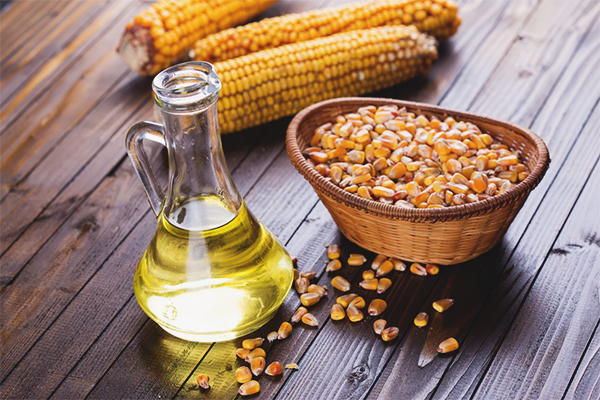
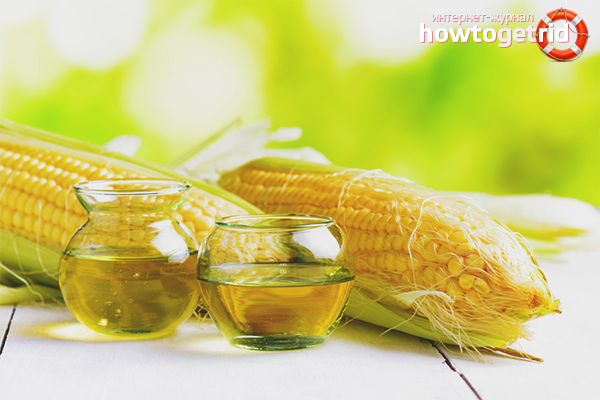
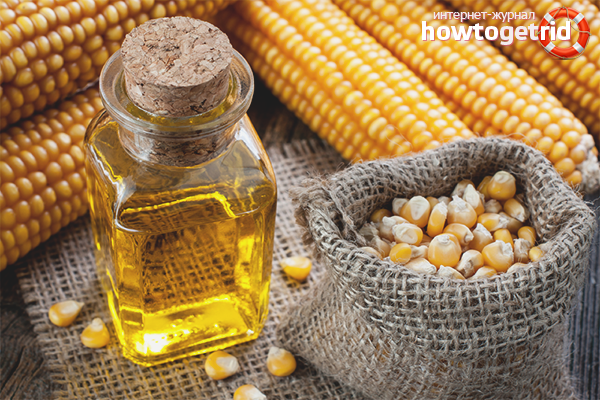

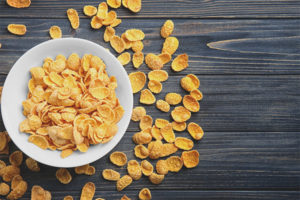
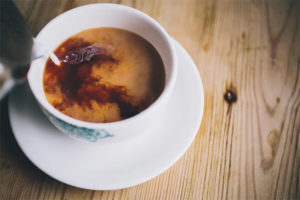

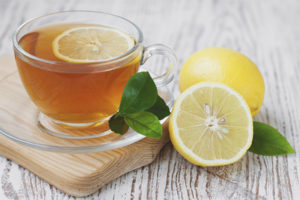
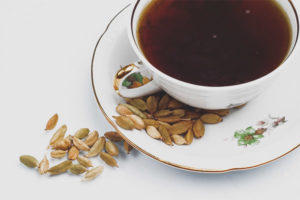
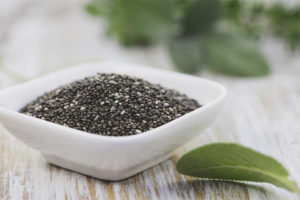
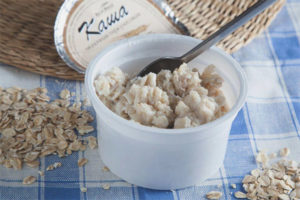
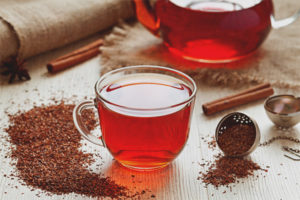
To send